What are you? Brain Damaged? Yup!
What are you? Retarded? Yup!
Kids used to insult each other using terms like brain damaged or retarded (do they still do that). These insults are like “stupid”, “ignorant”, or “slow.” Today, I own both of those labels. And… I know that neither say anything about my intelligence. I am VERY brain damaged because. There has been devastating damage inflicted to my brain. I am also retarded. The definition of retarded as an adjective is “held back or hindered.” And some of my abilities, such as my left hand and foot coordination, certainly are.
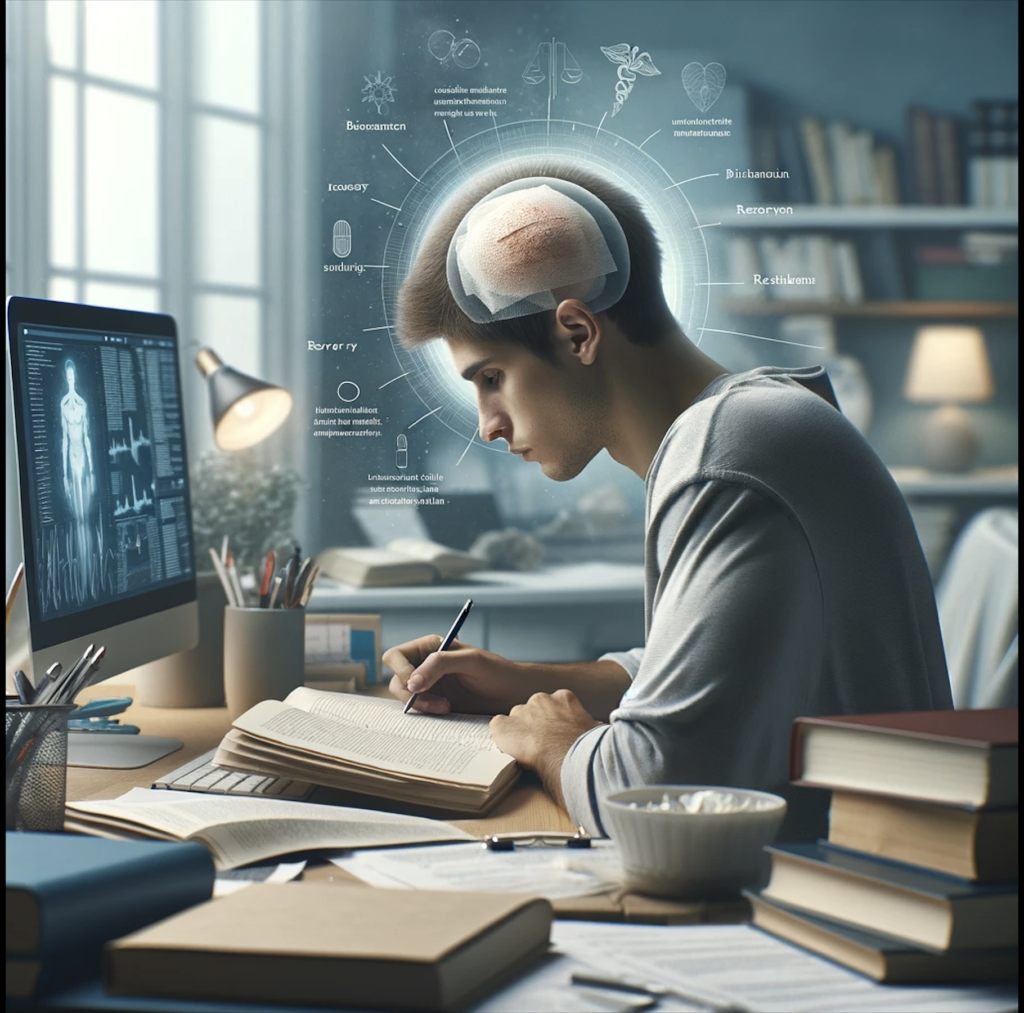 The Necessity to Empower
The Necessity to Empower
Many survivors of any condition manifest the drive needed to research blogs, podcasts, textbooks, and sometimes even peer-reviewed literature about their conditions or malfunctioning body systems. This interest is born and driven by a perceived necessity to gain an understanding of how to proceed in order to successfully recover. For me, a brain injury survivor, researching blogs, articles, and class materials was difficult with a damaged brain, to say the least. In order to study, write effectively, or to express what I’d learned, I needed my brain, which was not functioning properly. It was very difficult to find motivation, to organize thoughts, to reason, to suppress impulses, to plan effectively, or even to have the motor control to write or type.
Despite my cognitive impairments, I was driven by a perceived necessity to share what I was learning.
This drive kept me focused and I began going through my medical records. The medical terminology on the pages was like another language. Every other word was foreign to me. Could I use what was left of my brain in order to regain what I had lost? As I read through the medical records, I painstakingly looked up the meanings of every term I didn’t know so that I could better understand what happened to me. I learned that a contusion is a bruise, that a hematoma is a blood-filled swelling, and a periorbital ecchymosis is a black eye. It was like solving a puzzle. It was cognitive therapy.
Finding Motivation
 One common impairment among brain injury survivors is the ability to find the motivation. And motivation is needed to carry out therapy to the degree that will make a big difference in recovery. Consider how executive dysfunction, difficulties in planning, problem-solving, organizing, sequencing, and judgment can have a huge impact on motivation and confidence. In my experience the support of family, friends, and community is the number one factor that contributes to a patient’s motivation. And motivation may be the number one factor that contributes to a successful recovery. If there were a way to bottle community support for a patient, it would be the hottest new blockbuster drug. If you are a loved one of a TBI survivor, you can be confident of the difference that you are making by being supportive.
One common impairment among brain injury survivors is the ability to find the motivation. And motivation is needed to carry out therapy to the degree that will make a big difference in recovery. Consider how executive dysfunction, difficulties in planning, problem-solving, organizing, sequencing, and judgment can have a huge impact on motivation and confidence. In my experience the support of family, friends, and community is the number one factor that contributes to a patient’s motivation. And motivation may be the number one factor that contributes to a successful recovery. If there were a way to bottle community support for a patient, it would be the hottest new blockbuster drug. If you are a loved one of a TBI survivor, you can be confident of the difference that you are making by being supportive.
As Long as I Could See the Light
After my initial brain fog cleared, I saw hope that I might get better enough to lead a “normal” life. I saw the light at the end of the tunnel, and I vowed then that if I made it to the light—if I did recovered successfully—I would go back to illuminate the tunnel for others. I would document my recovery and share it with the world. I really appreciate all of my followers for reading, showing an interest in this topic, and especially for sharing what you read or see on these pages.
Brain injury was what showed me how to optimize brain function and repair, and I am so appreciative for knowing what to do to protect and to repair my brain (and to help others do the same!). And I’m super excited to be improving healthy brains too!
Thanks for joining me on the adventure.
Do You or a Loved One Need Support Finding Motivation?
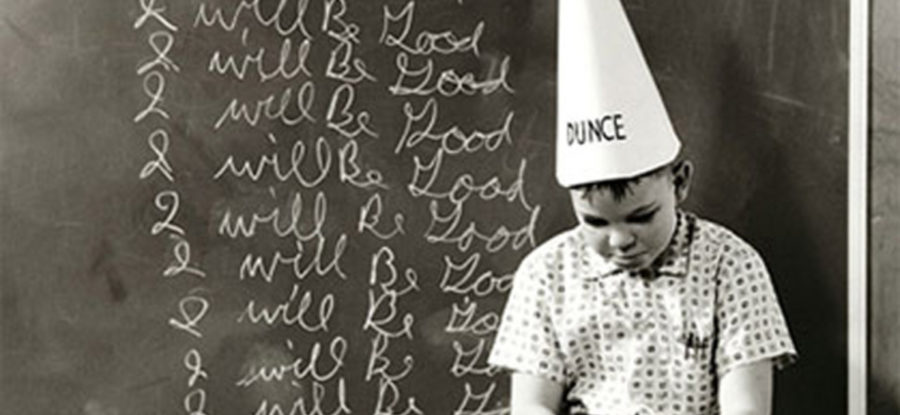
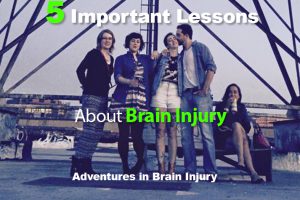
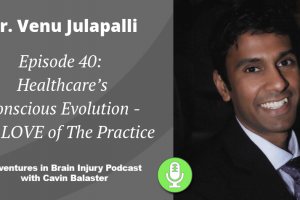

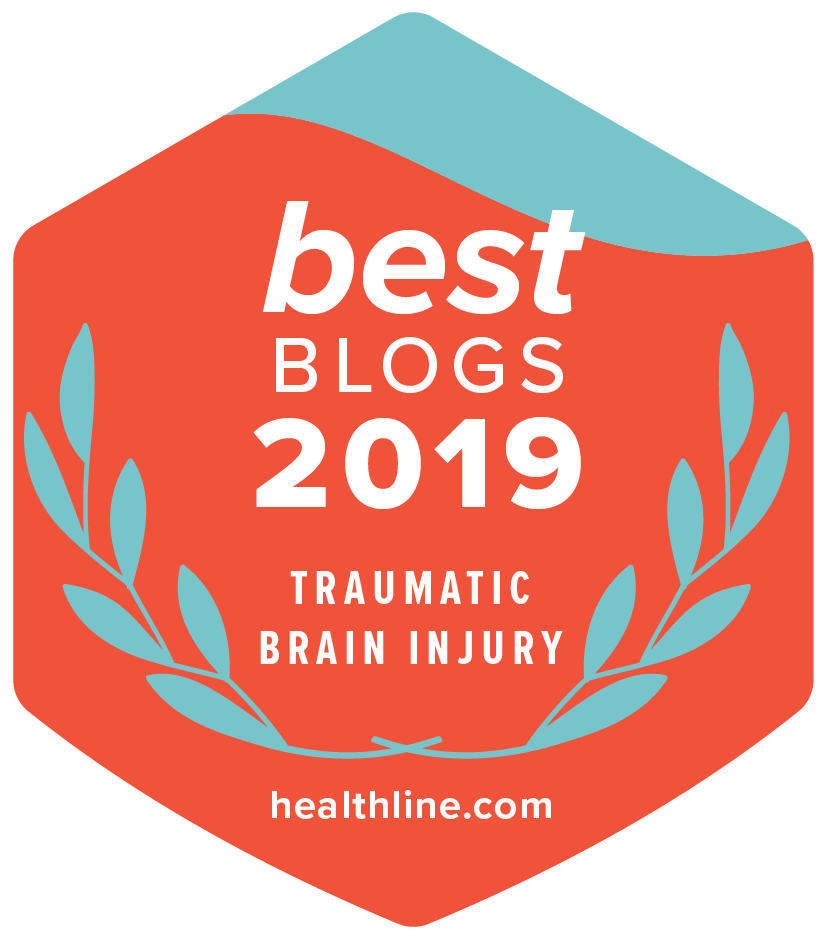
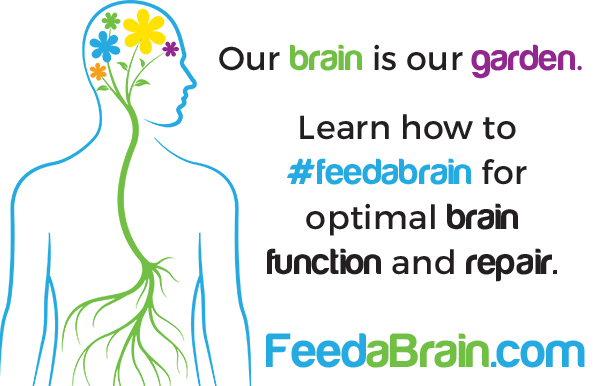
Leave a Reply
Your email is safe with us.